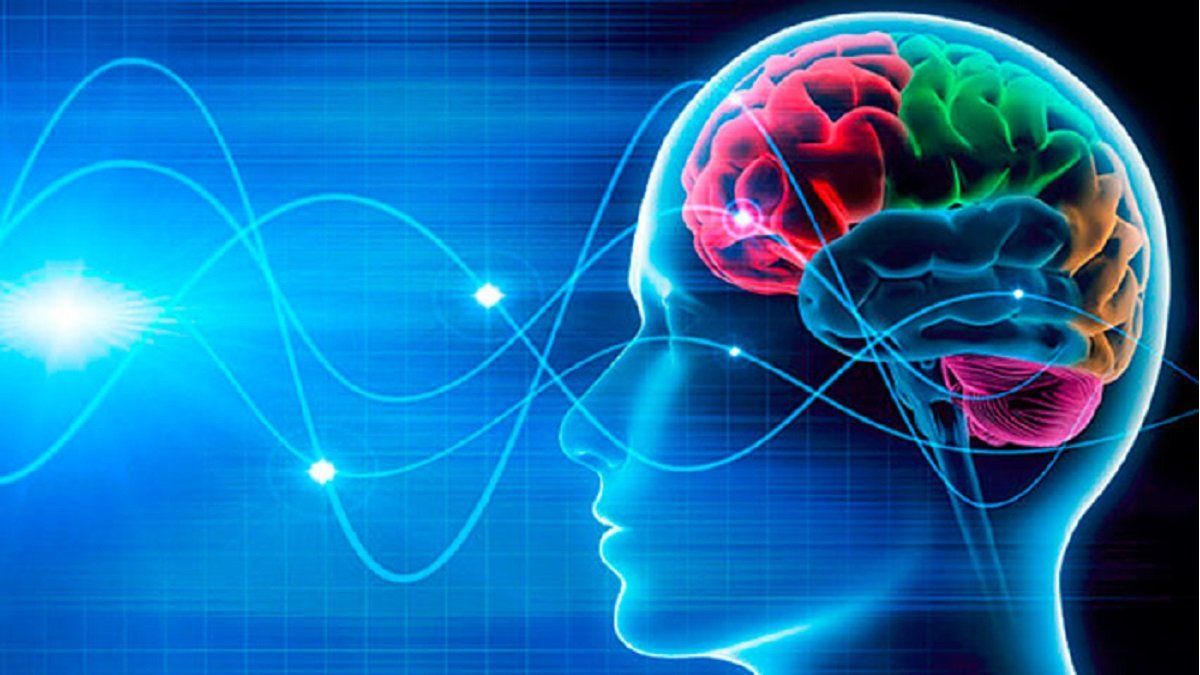We often treat our brains as if they weren’t part of the body, as if healthy (or unhealthy) habits don’t affect the way we think. A healthy lifestyle will improve our thought processes, including memory. Sleeping is one of the most important activities for your brain health, and you should get all the rest you need to function at its best. The length of time depends on age, height, diet, etc., but in general adults need 7.5-9 hours a night, and teenagers need about an hour more than average. It should be noted that it must be real sleep, not lying in bed trying to sleep.
2. Avoid stress.
The chronic stress destroys brain cells and damages the hippocampus, a region of the brain involved in the formation of new memories and the retrieval of old ones. Unfortunately, it is often a part of modern life at school, university, and the workplace. Therefore it is suggested:
-Do not leave things to the last minute. Worrying in action is not good for you or the quality of your work.
-Take frequent breaks. One way to manage your workload a little easier is to break it down into several smaller chunks.
-Express oneself. Talk to others about feelings or, alternatively, express yourself artistically: write, paint, or whatever you prefer.
-Do not multitask. It’s hard enough to do one thing well at a time. Avoid doing too much at once.
-To meditate. Take some time out of the day to collect your thoughts and achieve some peace. It has real medical evidence of success.
-Have realistic expectations. Don’t take on too many things.
3. Healthy diet.
Sleep, diet and exercise are the keys to a healthy lifestyle and brain, and therefore memory. Fruits, vegetables, whole grains, healthy fats (such as olive oil, nuts, fish), and lean protein.
4. Work/life balance.
An excellent way to combat stress is to dedicate personal time to yourself, while maintaining a good structure for the work that you have to do. This means your brain can relax and your cognitive function will improve tremendously. Whenever people first think of brain-building activities, people may think of crossword puzzles or chess, but hanging out with friends and going to a movie, along with other easy hobbies, can improve your memory. Humans are social animals and we do not benefit mentally if we are alone for a long time.
5. Laugh often.
Laughter may be the best medicine as it engages the brain in multiple ways, releasing serotonin and generally making you feel better. It is also a good way to frame what is happening to you. Listening to jokes and trying to discover double meanings is a good way to engage your brain and improve your creativity. Don’t take anything too seriously.
Source: Ambito
David William is a talented author who has made a name for himself in the world of writing. He is a professional author who writes on a wide range of topics, from general interest to opinion news. David is currently working as a writer at 24 hours worlds where he brings his unique perspective and in-depth research to his articles, making them both informative and engaging.




